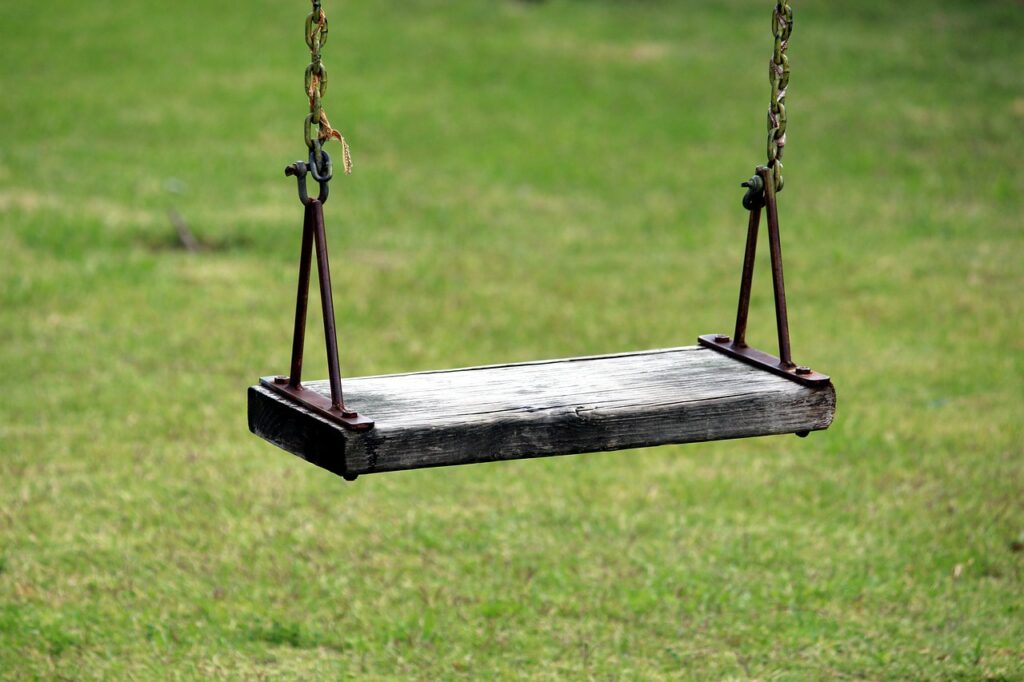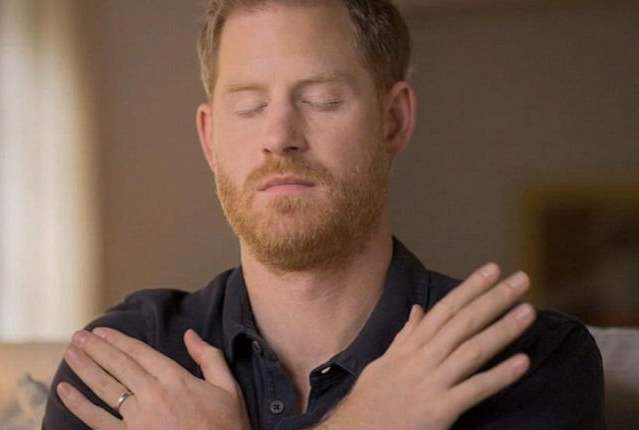Fertility counselling can provide a safe space to discuss and explore issues which are often hard to discuss in public, often deeply emotional and can cut to the core of who we are. Counselling for fertility problems can provide support in a difficult time. Many people may wonder “What is Fertility Counselling?” Fertility counselling can be helpful for many people in different situations, below are some of the areas where fertiity counselling might help you:
- Difficulties in conceiving, infertility and fertility counselling
- Making decisions around Assisted Reproductive Technology (ART), donor gametes and fertility treatments
- Deciding when is enough and what life might look like without the family you planned
- Doing it alone – Single Mothers by Choice and Single Fathers by Choice
- Deciding whether or not to have children
1. Difficulties in conceiving, infertility and fertility counselling
When someone experiences difficulties conceiving, they can feel very alone. Fertility counselling can provide a safe space to discuss these issues and tactics to help you get through. It may appear that everyone around you is having baby showers, getting married or inviting you to their child’s birthday party. You might want to just hide out and not mix too much with people. The sense of isolation that people feel is very common, despite fertility problems being more and more prevalent. 16% of couples experience fertility issues and once a woman reaches 35 years of age, she has a 1 in 3 chance of experiencing fertility issues. Considering that the age that women have their first child is increasing, fertility issues are becoming more and more common.
For many people having children was something they just expected to happen in their life. When problems with conceiving arise, it can cause a lot of stress in relationships. Fertility counselling can provide tools for helping couples work through issues and strategies for dealing with friends and family at this time. Most importantly fertility counselling can help you build your resources and coping strategies to ride the waves of emotions and deal with any depression or anxiety that may arise as part of the process.
2. Making decisions around assisted reproductive technology (ART), donor gametes and fertility treatments.
Some people never expected to use ART, however others always knew ART would be involved if they had children. This is often the case with same sex couples, people having children without a partner and when there are genetic complications. Once you decide to go down the path of ART a whole new sphere is opened and there is often increased hope that your fertility problems will be resolved. However, this can be coupled with stress and anxiety about costs, a multitude of options and medical jargon that needs to be understood. On top of this for many women the hormonal fluctuations involved with ART can be exhausting and lead to emotional dysregulation. Having a safe place to discuss these issues with a fertility counsellor who understands the process can ease the sense of isolation and confusion. Fertility clinics generally provide in house fertility counselling; however this only goes so far and many people prefer to engage in external and independent fertility counselling.
When undertaking or before undertaking ART, I often suggest that clients develop a fertility roadmap so that they don’t feel all their eggs are in one basket. The fertility roadmap allows you to see that there are other options open to you. There are so many choices along the way with ART that people often become exhausted by constantly having to make decisions, a roadmap can allow you to contemplate decision in advance rather than feel rushed into making decisions. Roadmaps are also a way of taking back a bit of control rather than just letting medical teams drive the process. It also can mean that you don’t get stuck in one phase for longer than is necessary and are more prepared to move to another phase if required.
3. Deciding when is enough
I often discuss with clients that these days if you want to have a child, there are many options. It may not be how you expected but there are donor eggs, donor embryos, donor sperm, foster care, permanent care and adoption as options. None of these options are easy and moving from one phase to the next can be exhausting.
Sometimes people make the decision that they’ve had enough and want to just try and get on with their lives. Considering a life without children is hard for many couples when that’s what they always thought their future would hold. Despite changing demographics, society still puts a lot of value in parenting, and people can feel a lack of purpose or sense of agency in their lives with no children to care for. Fertility counselling can be helpful at this stage to allow you space to grieve. Grieving can be an ongoing process and part of grieving, once you are ready, can be working out what direction you want to take in your life. Humans need a sense of purpose. For many people that is their children, but the world desperately needs engaged people who don’t have children. Some people decide to focus on giving to the next generation by fostering which may even turn into permanent care, but others decide to embrace their freedom and find other interests.
Sometimes part of moving on involves processing past trauma – it may be trauma related to your fertility journey or it could be past trauma from your childhood. In this case trauma therapy and EMDR can be useful. Working through some of this old stuff can help us move forward feeling more confident and content within ourselves
4. Doing it alone – Single Mothers by Choice and Single Fathers by Choice
More and more women are deciding to have children by themselves, and there is a smaller but increasing number of men also making this decision. If you’re contemplating this decision then fertility counselling can provide a place to help with decision making and ongoing support, whatever you decide. Your path may involve ART or you may decide to foster, adopt or do permanent care. Solo parenting is not for the faint hearted and there can be many issues to discuss to help you in decision making as well as supporting you through the process if you decide to go ahead. There are many resources already out there, including the Australian Solo Mums by Choice website and there is an international Single Fathers by Choice facebook page. These can be great resources for connecting with people who have already made these decisions
5. Deciding whether or not to have children
In 2019 the ABS released data suggesting that couples without children will continue to be a growing demographic. It’s becoming more common worldwide for people to make the decision not to have children, and the reasons are varied. Some people argue that it’s selfish not to have children, but with a growing world population, global warming and many children not having people to raise them, it could also be seen as a selfless decision that may benefit society.
Despite the growing trend to not have children, there is often the expectation from people that you will have children and this can make working through these decisions harder. Certainly the decision to have children can automatically create a sense of purpose for people and thus deciding not to have children can mean having to work harder for a sense of purpose. Fertility counselling can be helpful in helping you make decisions around having children.
Sometimes people don’t want to have children because they had a bad childhood themselves. In these situations it can often be important to work through these childhood experiences. Trauma therapy and EMDR can be very helpful in helping you to resolve these issues and thus have the headspace to make clearer decisions about whether to become a parent. If your decision is still not to have children then counselling can help you with working out what kind of future you would like to have and how you would like to get meaning and joy from life.
Whatever your fertility journey please feel free to get in contact if you would like support.



